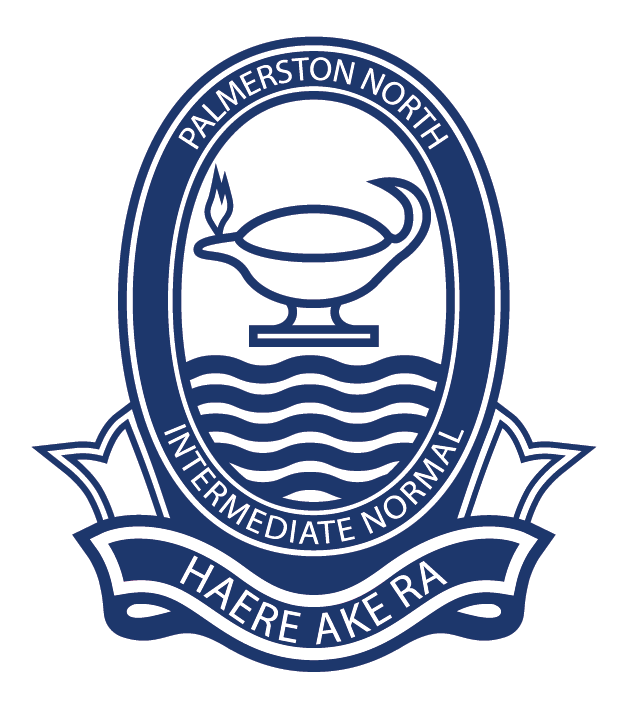Curriculum
Our school is guided by the principles, values, and key competencies outlined in the New Zealand Curriculum. In accordance with these guidelines, we have designed implementation plans across the eight essential learning areas - also specified in the New Zealand Curriculum - which are as follows;
· Science Social
· Sciences
· English
· Mathematics and Statistics
· Health and Physical Education
· Technology
· The Arts
· Learning Languages
The core values outlined in this prospectus reflect those stated in the New Zealand Curriculum. These values are deeply held beliefs about what our school community feels are both important and desirable. These values enable us to thrive together in the diverse, democratic society that is twenty-first century New Zealand.
The key competencies, many of which are reflected in our 'Five Keys to School Success', are the capabilities people need in order to live, learn, work, and contribute as active members of their communities. These competencies develop over time, and are shaped by interactions with people, places, ideas, and things. The New Zealand Curriculum identifies the five key areas for development as:
· Managing Self
· Relating to Others
· Thinking
· Participating and Contributing
· Using Language, Symbols and Texts
Students at this school are challenged to develop their competencies in contexts that are increasingly wide-ranging and complex.
Reporting to Parents
We aim to inform parents of their child’s progress and achievements throughout the year.
The following occasions provide opportunities for parent / teacher / student communication about achievement levels attained, progress made, and the next steps in learning:
February / March
Parent / Teacher Conference (Year 7/8)
June / July
Mid Year Reports go home (Cycle 1)
Parent / Student / Teacher Conference (Year 7/8)
December (mid)
Written End of Year Student Reports go home
Parents and Caregivers may also make an appointment to discuss a child’s progress outside these occasions.
Ngā Mātanga (Specialist) reports go home at the end of every second cycle.
All reporting to parents provides an honest appraisal of student progress and achievement, across all curriculum areas.

Learning Enhancement
Children who may need additional assistance can include:
Children with learning difficulties
Children with social and behavioural problems
Children with intellectual disabilities
Children with physical disabilities and medical conditions
The Special Education Coordinator oversees all learning support programmes in our school, and assists in facilitating individual programmes to meet the special educational needs of students. Where appropriate an IEP, Statement of Intent, Care or Action Plan will be written for any student receiving additional 1:1 support. This is a prerequisite for students receiving Ministry of Education funding, or funding from outside agencies.
Teacher aides will assist identified students in their classrooms where appropriate, or, where it is beneficial to do so, may withdraw students for 1:1 or small group tuition.
Learning Support Programmes
This group of students is catered for both within the classroom setting, and through involvement in one of our learning support programmes.
These programmes will alter from year to year to meet the priority needs of students enrolled. These programmes include; The Rainbow Reading programme, and two PNINS literacy support reading and writing programmes. Some years, a numeracy support programme may also be provided, depending on the resources allocated to the school.
An ESOL teacher is employed to provide English learning support, to any student for whom English is their second language.
Gifted and Talented Students
The learning needs of our gifted and talented students are met through their involvement in variety of programmes - in the classroom, in withdrawal programmes and through involvement in special programmes, competitions and events held in our wider school community.
Our goal is to challenge all students to achieve at the highest level possible in a caring and supportive environment.

LEOTC
Learning Experiences Outside The Classroom provide opportunities for all children to develop skills in outdoor pursuits. These pursuits focus on survival techniques, adventure challenges, enjoyment, and risk management.
Our LEOTC Programme is also used to extend experiences in academic fields, for example in areas of Science, English, Mathematics, Technology, The Arts, and Social Sciences.
Library
Palmerston North Intermediate Normal School has a modern, well-resourced library housing over 12,000 books. The library is available to students for both informational and recreational reading.
All classes have regular timetabled sessions in the library, and students may also use the library before school, during lunch time and after school. IT devices are available for students to use throughout the day.
The teachers’ resource room also provides over 11,000 curriculum and teaching resources, which enhance and support our learning programmes.
School Camps
School camps are planned on a two-year cycle, so that no class is scheduled to attend expensive camps on consecutive years. Teams or classes may raise money to meet costs for camps and field trips, with the support of team parents. If you have a problem meeting the full cost, please see the class teacher or the principal as early as possible. Please note that if assistance is provided, it will of course be kept confidential.
2024 is not a camp year.

